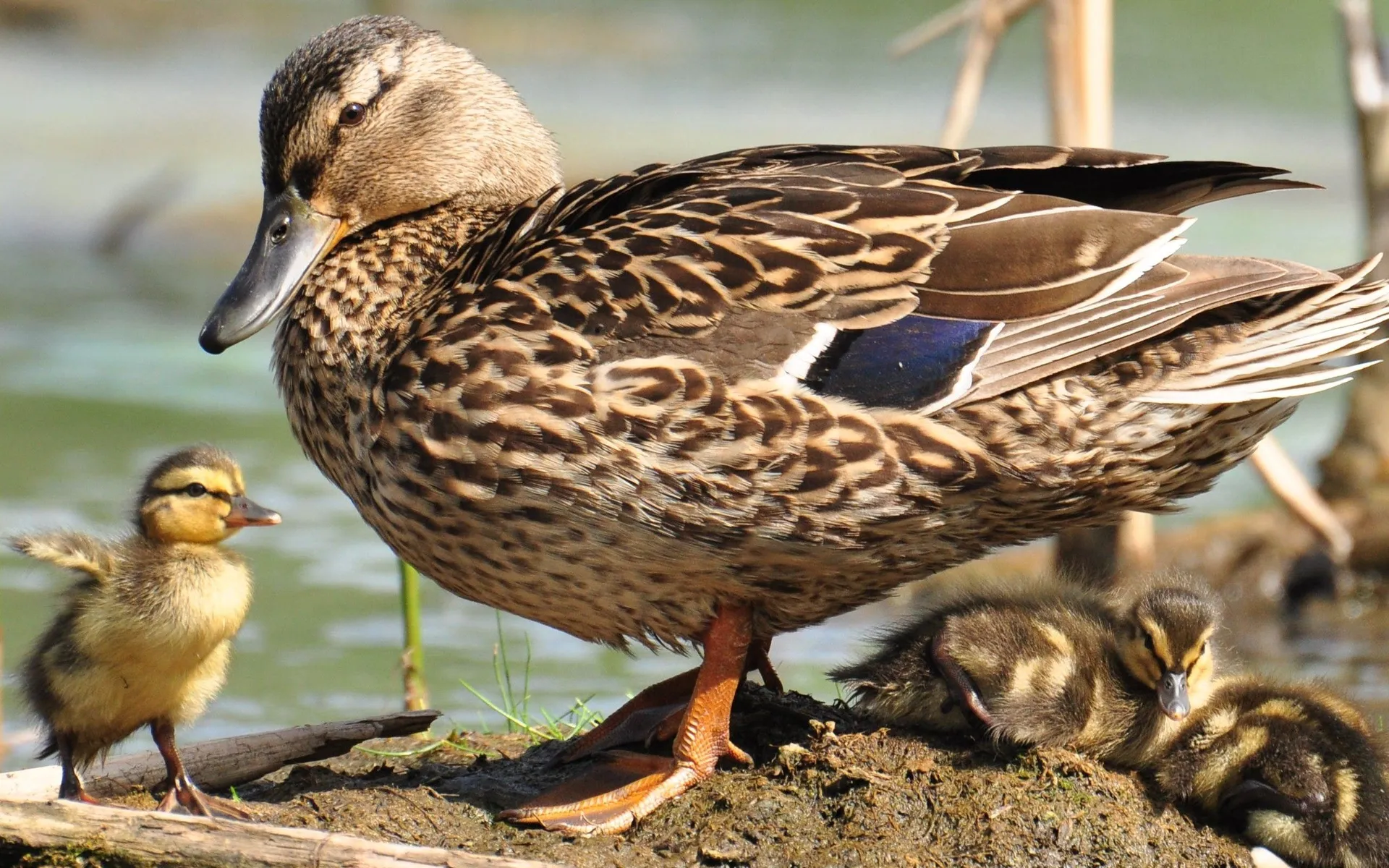Now Serving Trader Joe's Assam Tea
Possibly the strongest element of my community engagement work this semester is "democracy." Between helping a state representative process the demands of his constituents and teaching middle school debate, I'm confident that my work will facilitate the democratic process.
Reading Spoma Jovanovic's Communication as Critical Inquiry in Service-Learning with a thought to whether my service learning met her criteria, I'm relieved to find that it does, and I likewise see a stronger direction and purpose for community engagement than I did before. Jovanovic connects community with politics, discourse and disagreement, all necessary elements of human life that need to be dealt with. She further posits that service learning teaches students about the duties of a citizen in a democratic society, an approach that I hadn't considered, seeing community service as a sort of ethically optional good deed. These different approaches mirror the distinction made in the article between charity and service learning - where charity is an act of kindness towards the disenfranchised, service learning attempts to solve those problems that necessitate charity (and not out of "kindness" so much as civic duty).
What Jovanovic says in the section "Critical Inquiry Probing Social Justice," I'm cautiously enthusiastic about. In the context of our debate class, "building awareness of the social problems in our community" could be done by exposing students to the political and philosophical arguments surrounding these problems. My concern with this is more practical than abstract - our teacher liason at the Montessori school strikes me as someone whose political views would be incompatible with those that want to change the structure of society (although of course I could be totally wrong). All the same, some of the schools we work with might unfriendly to the notion of building awareness for a number of reasons, and perhaps even (in extreme cases) feel that we sort of "suckered" them into what they thought would be an innocuous debate class, and is instead a tool for "brainwashing" their kids. I don't think this means we should remove the social justice element of service learning (I think awareness needs to be spread regardless of these practical risks), I merely think it means that we should be both cautious and transparent, and obviously present both sides of the issues we present.
In the context of my volunteering at the capitol, spreading an awareness of social inequities and injustices should be a natural result of volunteering for a liberal politician like Andy Meisner.
I was encouraged by what Jovanovic had to say about inviting surprises. She seemed to focus more on the surprise of students realizing that they were capable of causing social change, and certainly the anecdotes of students going on to continue their work after their service-learning semester make me hopeful, but most significant for me was the idea that surprises would "enable responsibility to emerge for the students." I expect that exposure to the unexpected events of the real world will be a valuable experience, and help me develop my ability to deal with crises. Certainly that's an ability that's extremely important to bureaucrats, and the volunteer job for Andy Meisner might be thought of as "Junior Bureaucrat," although I expect that the debate classes will give me a great deal more of that "valuable experience," due in part to the unpredictable nature of children.
A final important element of Jovanovic's article, which I had again not considered, was the consideration of communication in service-learning. In the academy, there is more or less only one way of speaking, and this helps to facilitate understanding between scholars; in the real world, there are as many different ways of speaking as there are divisions of people. In the capitol, I hope to learn how to communicate effectively within politics (and already have to some extent, as Andy taught me the distinction between "luxuries" and "amenities" in the context of current tax legislation), and in debate I will have renewed exposure to parents, children and teachers of a school community (and more or less my first exposure as something of an adult). Certainly my first day teaching debate showed me the importance of using language that's accessible to and holds the attention of middle schoolers.
30 October 2007
RCAH 292 - Reflections on Service Learning
The Bottom of the Cup -
communication,
middle school,
politics,
politispeak,
unpredictable
Subscribe to:
Post Comments (Atom)

No comments:
Post a Comment